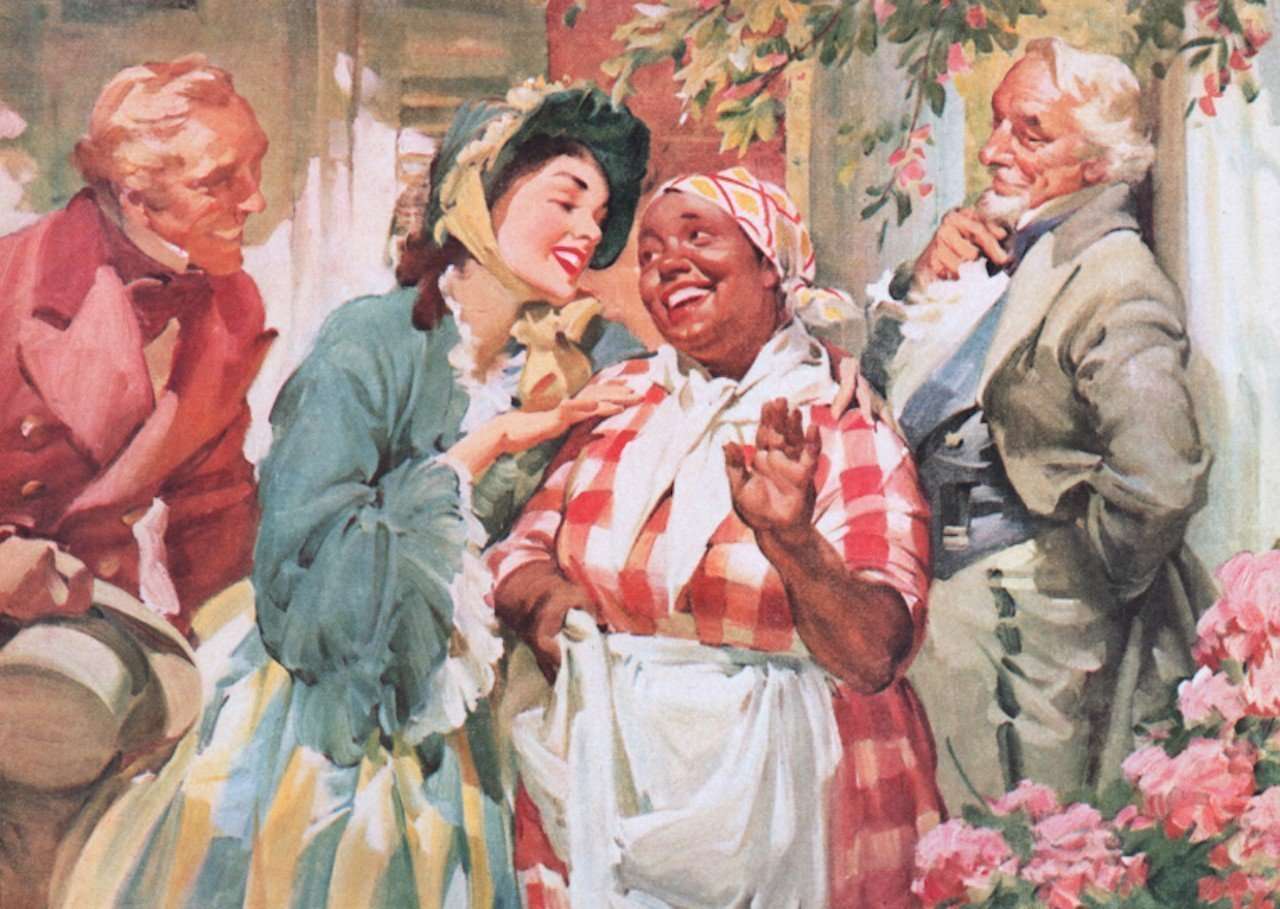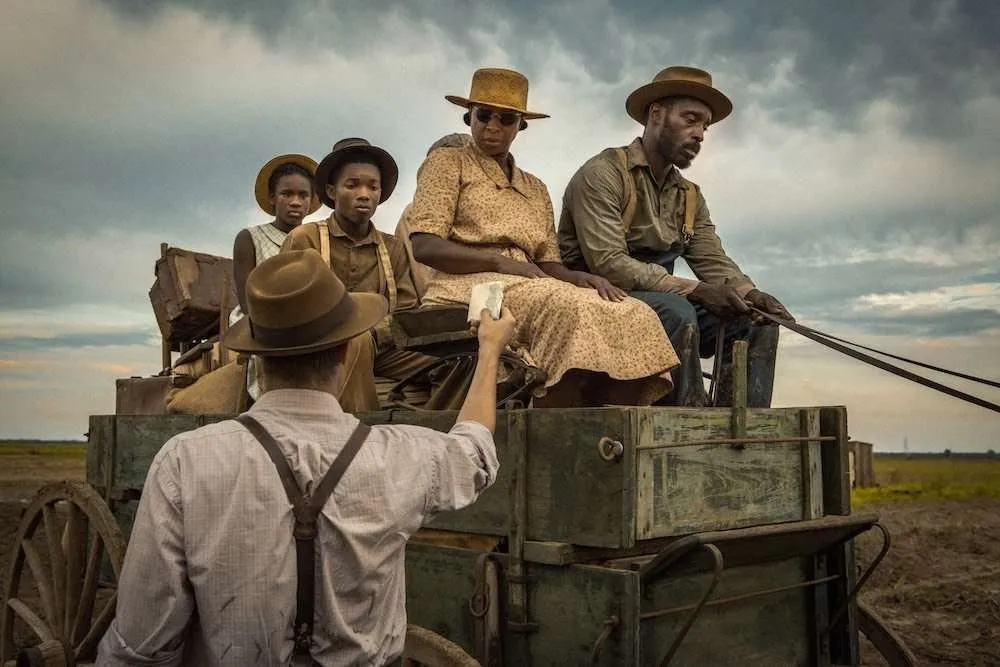Community
African American vs. Black and Why Some Actually Prefer Neither Term
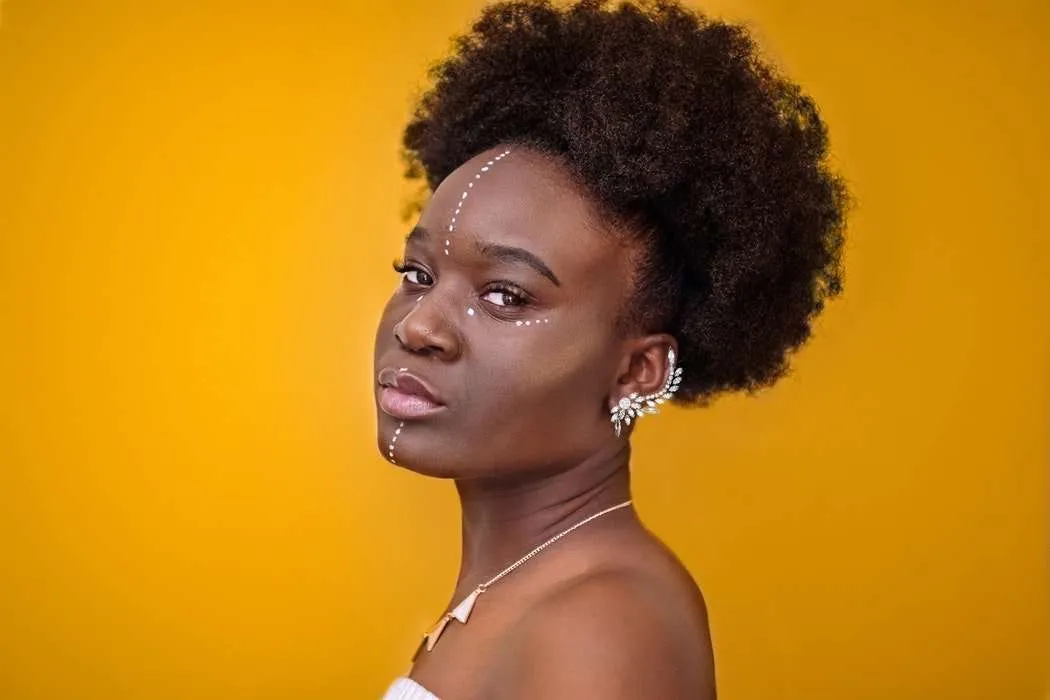
What’s in a name? A lot, actually, if you look into various traditions around the world that have developed over centuries when it comes to names. Names can be used to highlight the greatness of one’s family or be used to foretell the future of the child. But what about when it comes to the name that is used to refer to a group of people, such as African American? What’s in that title and why do so many people of African decent in America still refuse to refer to themselves as African Americans?
In order to examine that question, we have to look back at all the titles that were given to descendants of slaves in the United States since the time of their arrival.
Starting with Negro.
Negro
In the 1440s, Portuguese explorers arrived in Southern African while looking for a route to India. There, they encountered the Bantu peoples and used the term negro to describe them. The term negro, derived from the Latin word niger, simply means black. The use of the term grew to be used to refer to people that are believed to have originated and live in Sub-Sahara Africa. The term “Negroid” is also used as one of the three purported races of humankind, along with Caucasoid and Mongoloid.
 The use of the word Negro grew extensively in the 18th and 19th century as the proper term to describe people of African decent in United States. It was actually considered a more polite word than black. The word was also widely used by prominent black figures in history like Marcus Garvey and W.E.B Du Bois.
The use of the word Negro grew extensively in the 18th and 19th century as the proper term to describe people of African decent in United States. It was actually considered a more polite word than black. The word was also widely used by prominent black figures in history like Marcus Garvey and W.E.B Du Bois.
During the 1950s and ’60s, however, objection towards the word started to build up. Civil rights leaders like Malcom X often associated the word with the history of slavery and discrimination. The use of Negro now has a massive negative connotation. It is widely looked at as offensive unless used in historical context or in reference to cultural staples like Negro spirituals.
RELATED: Will Racial Fluidity Solve America’s Racial Problem?
Colored
The use of the word Colored began in the mid 1850s. One of the first uses of the word was in an article in The New York Times in 1851. Initially, the word referred to non-white people in America and United Kingdom. However, it slowly evolved to refer to just black people, especially in America.
In 1909, the National Association of the Advancement of Colored People (NAACP) was founded. Although the term is outdated, many believe that it is not offensive. Nowadays, the term “people of color” is more commonly used instead of colored people.
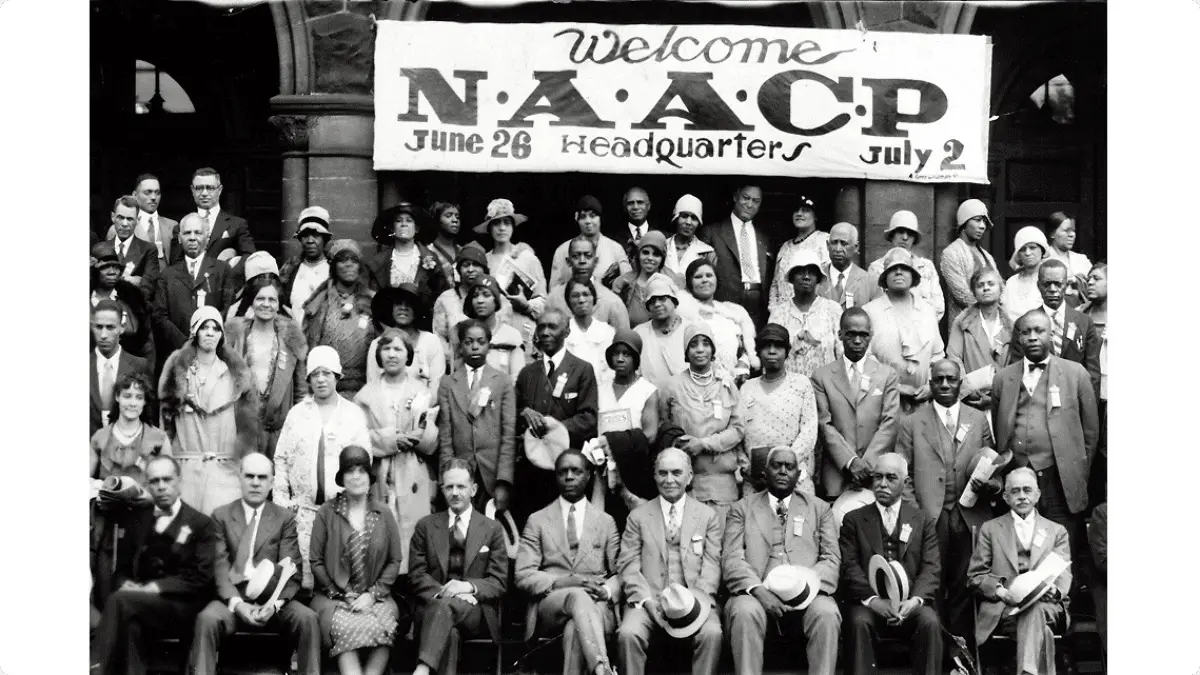
Black (or Black American)
“Black” stared being used more and more to refer to people of African decent in America after the Civil Rights movement in the late 1960s. It is a term that is used not just to describe African decedents in America but also African descendants around the world.
Today, the word “black” is arguably the most popular term that decedents of African slaves in America use to identify themselves. A simple search for #blackexcellence, #blackgirlmagic, and #blacklove on social media shows how widely popular the term black is in self-identification.
RELATED: Colorism’s Toll Within the Black Community
African American
The term African-American puts an emphasis on ancestry and heritage more than skin color. The term was first used way back in 1782. The author of the 16-page pamphlet entitled “A Sermon on the Capture of Lord Cornwallis” is referred to as an African American.
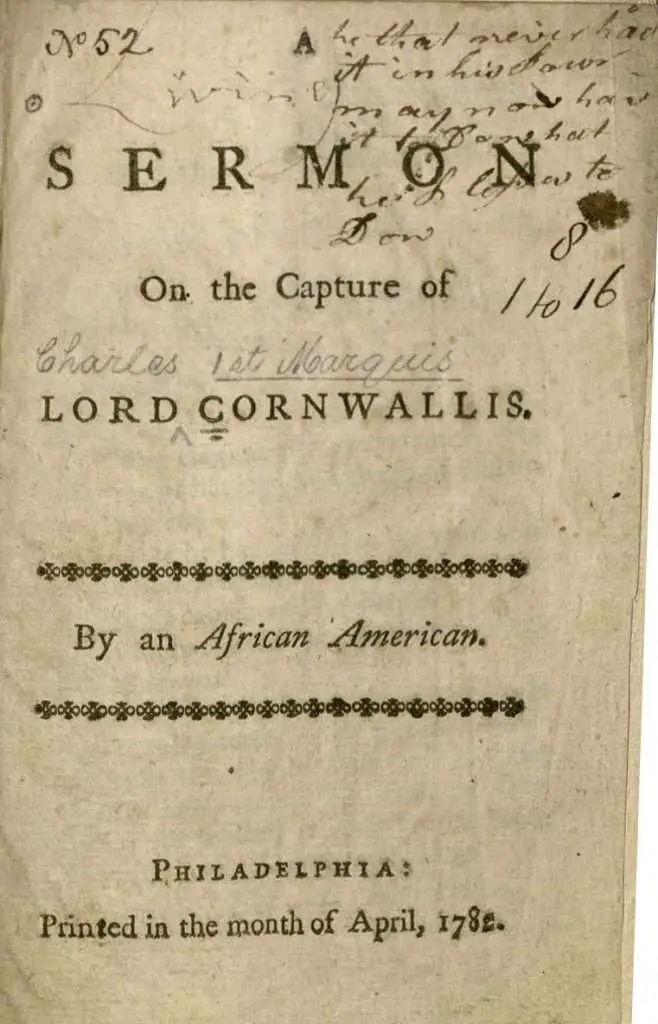 In the 1980s, the term African-American garnered more prominence after activist Jesse Jackson used it in front of a national audience. The word is intended to give weight to the heritage of African descendants in America the same way German-American or Irish-American is used. Since most descendants of slaves in America do not know exactly what country in Africa their family is from, all of Africa is used as a reference point.
In the 1980s, the term African-American garnered more prominence after activist Jesse Jackson used it in front of a national audience. The word is intended to give weight to the heritage of African descendants in America the same way German-American or Irish-American is used. Since most descendants of slaves in America do not know exactly what country in Africa their family is from, all of Africa is used as a reference point.
So are we Black or are we African-American?
Most forms nowadays have the “African-American/Black” option, seeing the two terms as meaning the same thing. However, many believe the two are not one and the same. Black is a racial description, they say, while African-American is an ethnical description. For example, German-American describes their ethical heritage while White describes their race. Can somebody be German-American and not be White? Yes, the same way somebody can be White and not German-American.
RELATED: Is Cardi B Black? Yes, Of Course! And Also, It’s Complicated
If African-American refers to ethnical identity, can black Americans truly identify with the term?
Some, like writer Aisha Harris, say no.
In an article for Slate, Aisha tells the story of going to Kenya for a wedding and being asked multiple times where she is from. She had always used Black and African American to identify herself, but being among first or second generation Americans who had relatives and could connect to African cultures so easily made her question her use of the term African American to identify herself.
“…My first in-depth encounters with first-and second-generation Americans who had immediate family from African countries made me question my adherence to the label of African-American. To me, people with such explicit connections to their relatives’ home countries accurately embody the term; they truly have access to both cultures,” she writes. “As someone who grew up with a much stronger sense of my black American roots, and an understanding of African culture distilled primarily through an American sensibility, I feel as though the term African-American doesn’t quite suit my identity.”
In explaining the way she and the Kenyans she came across looked at her identity, she added, “For the Kenyans I interacted with, having black skin also means being African. For me, being black means, well, being black.”
Agree or Disagree?
There are plenty of people in the community that would agree with Aisha and plenty others that would disagree. For those who agree, they share in Aisha’s feelings of being unrelated to Africanism. None of their recent family members are from Africa, they don’t know much about African culture, there is no African country they identify with, and they wouldn’t feel at home if they went to Africa. Then why should they refer to themselves as African-American?
To those who disagree, African-American is a fitting term to all descendants of slaves in America because there is no question that our ancestors are from Africa. On top of that, they came here against their will, and their African identity was stripped away from them. Nothing honers them and their legacy more than to identify ourselves with Africa, the mother land.
What if you hate both terms?
Then there are those who feel African-American doesn’t suit them at all because they are not African AND black doesn’t suit them because the concept of race was only born out of a need to divide and oppress Africans. Race is a social construct that doesn’t have any scientific bearing.
Before Europeans needed a justification to enslave Africans, the concept of race did not exist the way we understand it now. Your social class was more important than your skin color. A “white race” and a “non-white race” was created basically as a hierarchy of the human race.
As writer Anjana Cruz put it in the article Europeans invented the concept of race as we know it, “Much of the existence of race can trace its origins to the colonization of the Americas. The categories and meanings of race have changed over time and geography. Suffice it to say, no one was white or black until the colonization process needed ways of differentiating various rights, privileges, social, and legal standing between various laborers.”
Then, by still choosing to be called black, some argue, we are choosing to continue this system.
Let us know your thoughts on this matter below.






